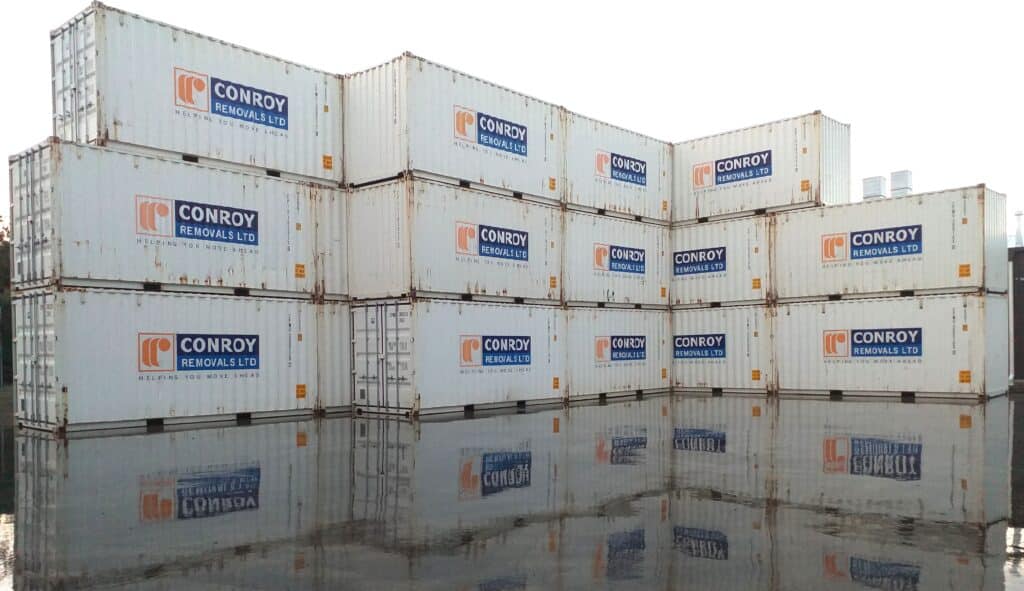The Pondus Container Weighing System in Australia: Ensuring Safety and Compliance
In the world of maritime logistics, accurate container weighing is crucial for ensuring safety, compliance, and efficiency. The Pondus container weighing system, implemented in Australia, represents a significant advancement in this area. This blog explores the Pondus system, its importance, and the implications of accurate container weighing.
What is the Pondus Container Weighing System?
The Pondus system was introduced to enhance maritime safety by ensuring the accurate declaration of container weights. It aligns with the International Maritime Organization’s (IMO) Safety of Life at Sea (SOLAS) regulations, which mandate that shippers verify and declare the gross mass of containers before they are loaded onto ships. The system uses calibrated weighing apparatuses at terminal operators to check container weights. If a container’s weight significantly deviates from its declared weight, a fee is imposed.
Importance of Accurate Container Weighing
- Safety: Accurate container weights are essential for the safe stowage of containers aboard vessels. Incorrect weight declarations can lead to improper stacking and securing, posing significant risks during transit. Overloaded containers can cause accidents, damage to cargo, and even lead to vessel instability.
- Compliance: Adhering to SOLAS regulations is mandatory for shippers. Providing a Verified Gross Mass (VGM) ensures that the vessel’s stability, hull strength, and stack weights are not exceeded, and lashing arrangements are effective. Non-compliance can result in hefty fines and denied access for loading.
- Efficiency: Accurate weights are crucial for planning and executing loading operations. They affect fuel consumption, voyage efficiency, and the overall logistics chain. Mis-declared weights can disrupt schedules and lead to additional costs.
- Financial Implications: The Pondus system imposes a Weight Amendment Fee for containers with significant weight discrepancies. This fee, initially borne by transport carriers, ultimately affects importers and exporters. Ensuring accurate weight declarations can help avoid these additional costs.
Navigating Discrepancies and Accountability
The introduction of the Pondus system has sparked discussions about the financial burden on importers and the responsibility for weight discrepancies. The system aims to clarify the supply chain’s accountability, ensuring that all parties adhere to international regulations and maintain accurate weight declarations.
Conclusion
The Pondus container weighing system is a pivotal development in maritime safety and compliance in Australia. By ensuring accurate container weights, it enhances safety, efficiency, and regulatory adherence. For shippers, importers, and exporters, getting the weight right is not just about avoiding fees—it’s about contributing to a safer and more efficient global logistics network.
